১০ ফাল্গুন ১৪৩২
Taliban's Book Ban Reshapes Education and Culture in Afghanistan
01 October 2025 16:10 PM
NEWS DESK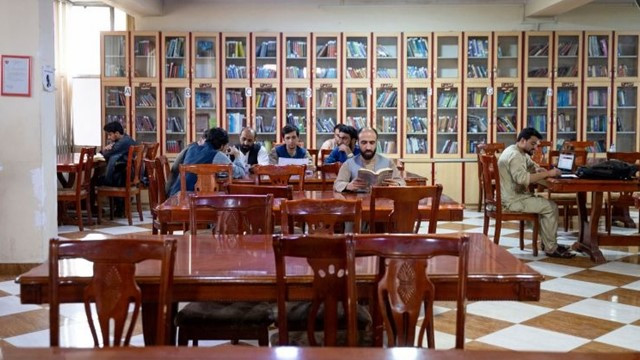
Under Taliban rule, a new cultural and educational framework is emerging in Afghanistan, guided by Islamic Sharia and Afghan traditional values. In an effort to align the country’s education system with these principles, the Taliban authorities have begun banning hundreds of books and academic subjects across universities and libraries nationwide.
Since regaining power in August 2021, the Taliban has steadily increased its control over the education and cultural sectors. In 2024, the authorities released a list of over 400 books banned from Kabul’s libraries, including works that promote democracy, women’s rights, Shia thought, and biographies of resistance leaders like Ahmad Shah Massoud (Amu TV, October 26, 2024).
Nationwide Review of Books and Curricula
On July 13, 2025, four key ministries—Religious Guidance, Hajj and Religious Affairs, Information and Culture, and Higher Education—held a joint meeting finalizing plans to regulate books and curricula across the country. A 14-member committee, formed by order of Taliban Supreme Leader Mullah Hibatullah Akhundzada, was tasked with reviewing content for ideological compliance.
Minister for Religious Affairs, Noor Mohammad Saqib, stated that the initiative aims to remove books that "contradict Islam and Afghan values," replacing them with "pure Islamic content" (The Independent UK, July 28, 2025).
On September 4, Deputy Minister of Higher Education, Ziaur Rahman Aryoubi, issued a directive imposing restrictions on 18 academic subjects deemed incompatible with Sharia. An additional 201 subjects are under review for being taught from a "critical perspective" (Independent Persian, September 6, 2024).
Previously, in an August 25 meeting, the committee reviewed 354 books, warning that the list of banned titles could grow. In Herat alone, local authorities have already prohibited 620 books, removing them from shelves in schools and libraries. These were labeled as promoting democracy, secularism, Shia beliefs, or anti-Taliban ideologies.
Academic Subjects Under Ban
Subjects that have been banned or restricted include:
-
Islamic political movements
-
Constitutional law
-
History of religion
-
Sociology of women
-
Public relations and women’s roles
-
Good governance
-
Electoral systems
-
Political structures in Afghanistan
-
Gender and development
-
Human rights and democracy
-
Globalization and development
-
Moral philosophy
-
Gender equality in employment and leadership
These topics were previously mandatory in departments such as law, political science, and sociology. Taliban authorities claim these disciplines conflict with Sharia and the vision of the "Islamic Emirate."
Prominent Islamic Thinkers Also Targeted
Surprisingly, the ban also includes books by influential Islamic scholars. These include:
-
Kitab at-Tawheed by Muhammad ibn Abd al-Wahhab (founder of Salafi ideology)
-
Quran Ki Chaar Buniyadi Istilahen by Maulana Abul A'la Maududi (founder of Jamaat-e-Islami)
-
Social Justice in Islam by Sayyid Qutb (Muslim Brotherhood)
-
Works of pan-Islamist Jamal al-Din al-Afghani
-
Writings of Abdullah Azzam, a mentor to Osama bin Laden
-
The Lawful and the Prohibited in Islam by Yusuf al-Qaradawi
-
Islamic sociological writings by Ali Shariati
-
Philosophical works by Shia theologian Morteza Motahhari
-
Books by Iranian intellectual Ramin Jahanbegloo on democracy and secularism
Western Literature Among the Banned
The Taliban’s restrictions also extend to Western authors and literature, including:
-
Sapiens by Yuval Noah Harari
-
The Divine Comedy by Dante Alighieri
-
The Book of Mormon by Joseph Smith
-
The Prophet by Kahlil Gibran
-
Globalization: A Critical Introduction by John Artt Scholte
-
Public Relations Theory by Carl H. Botan and Vincent Hazleton
-
Organizational Communication by Katherine Miller
-
Introduction to Sociology by Bruce J. Cohen
-
Masters of Sociological Thought by Lewis A. Coser
-
Contemporary Sociological Theory by George Ritzer
Afghan Authors Also Affected
Several prominent Afghan scholars’ books have been blacklisted, such as:
-
International Sustainable Development by Shamsus Sadat Zahedi
-
Comparative Human Rights by Abdur Rahman Selim
-
Political Terminology and International Relations by Zakia Adel (former deputy justice minister)
-
Principles of Law by Nasrullah Stanekzai
-
Political Sociology of Afghanistan by Abdul Qayum Sajjadi
-
History of Western Philosophy by Abdur Rahman Alam
Iranian Books Banned Amid Political Tensions
Around 310 banned books are authored or published in Iran. Many are accused of promoting Shia ideology. Tensions between Afghanistan and Iran—over water rights and the expulsion of over 1.5 million Afghan refugees from Iran—may be influencing these bans (Independent Persian, September 6, 2024).
Impact on Education and Publishing Industry
The sweeping bans have created major challenges for Afghanistan’s education system. A private university official in Kabul, speaking anonymously to Independent Persian, said there are currently no replacements for many banned textbooks, hindering both teaching and student learning.
The publishing industry is also feeling the effects. A Kabul-based publisher reported that Taliban border officials routinely inspect books imported from Iran, often blocking their entry.
A civil society activist in Herat confirmed that three separate lists of 620 banned titles have already been enforced, with all copies removed from libraries (Independent Persian, September 6, 2024).
A New Educational Vision
The Taliban maintains that its goal is to build an education and cultural system rooted in Islamic and Afghan values. Religious education is being prioritized across all faculties, with increased focus on Sharia studies. Following a directive from Mullah Hibatullah Akhundzada, religious teachers have been appointed to instruct both students and faculty on Islamic jurisprudence.




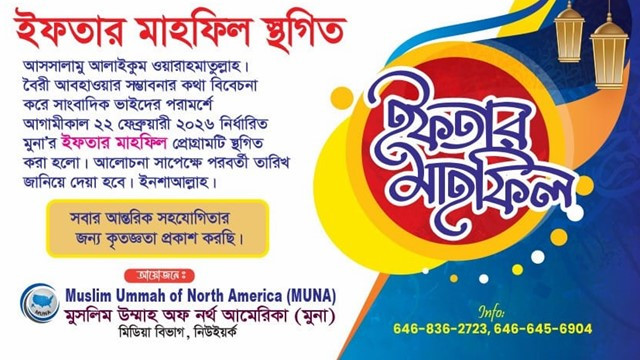










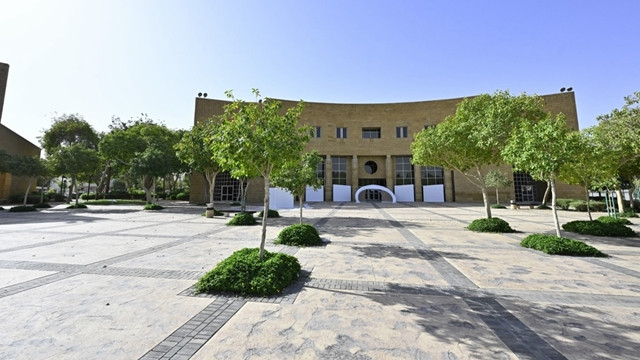
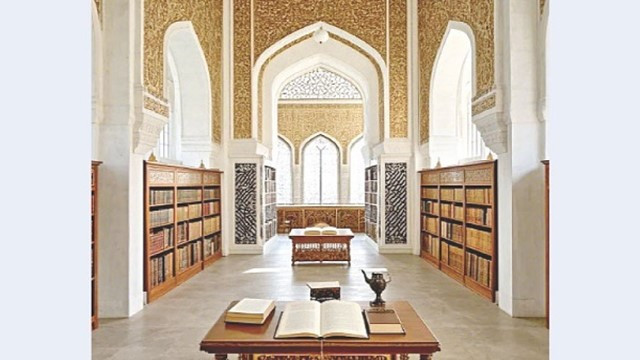
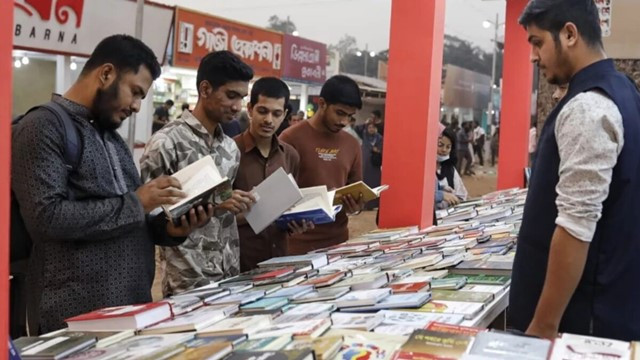
Comments Here: